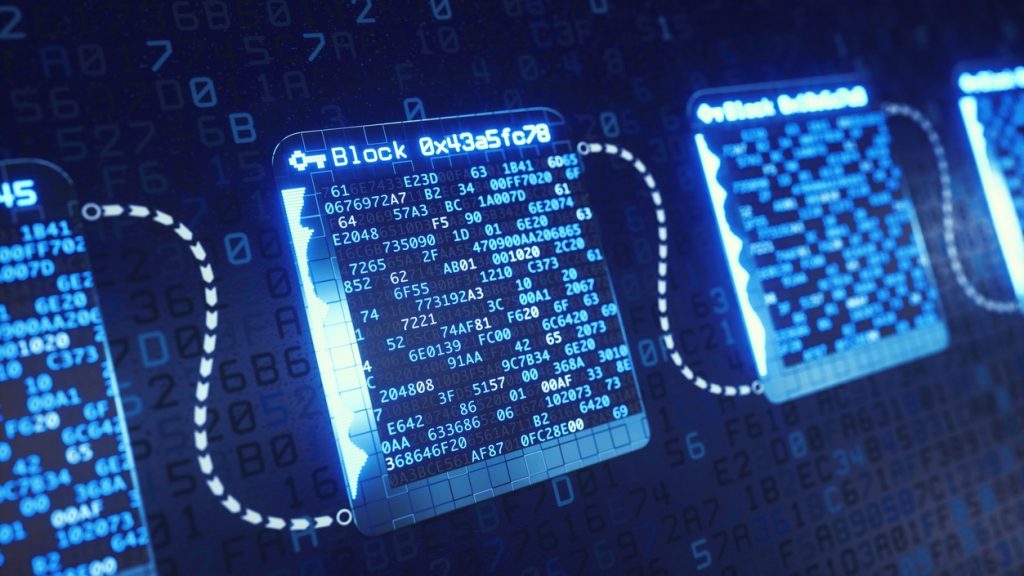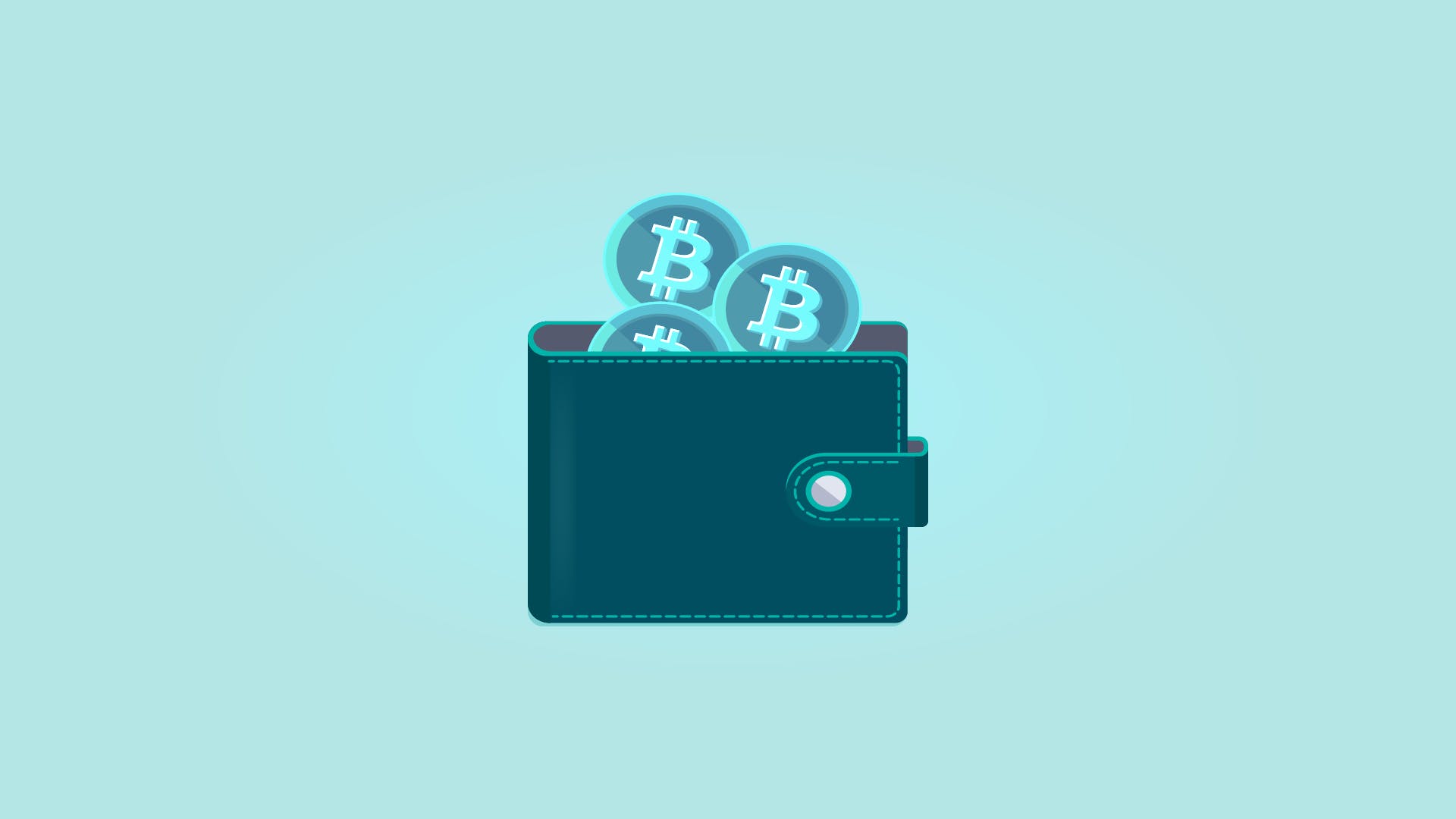As crypto goes up and gains the question that comes to mind is What is a cryptocurrency wallet and how do you safeguard your crypto coins? Well in short Digital wallets help store your cryptocurrency holdings securely. Just like your normal wallet, they keep everything in a safe place without the fear of being lost.
Cryptocurrency wallets come in a variety of shapes and sizes. A wallet may be a desktop program, mobile app, web-based app, or dedicated hardware device.
Cryptocurrencies are totally digital just like stocks. And your ownership of a crypto asset is tied to and known or confirmed by a unique key. And A crypto wallet offers a friendly interface to interact with this key. Either to prove ownership or spend your balance.
A private key is a long alphanumeric sequence of characters and has its roots in public-key cryptography. This is where cryptocurrency gets its “crypto” heritage from. Here’s what a private key looks like a long line with every alphanumeric combo you can imagine such as the one below.
“cc4d272b0def1da706956c7a8669a8b540a3504a1396e3ba60b0649eb8471c68”
What is a cryptocurrency wallet?
Digital currencies are often taken as virtual counterparts to physical currency and banknotes that can be pocketed or stored in a wallet. But instead, a cryptocurrency is better described as a network of digital records or a ledger of transactions.
In other words, you don’t own coins as much as you have a balance on the global cryptocurrency ledger. Your digital wallet then simply acts as a key to this balance — similar to how a password accesses your bank account. However, wallets are for more than just authentication.

An abstract digital structure showing the concept of blockchain technology with hexadecimal hash data inside each block. This image represents a conceptual design in the domain of IT, cyberspace, cybersecurity, cryptocurrency, or similar industry sectors. The image is a made-up 3D concept render.
The information about your asset balance is stored on the network. New changes, such as incoming or outgoing transactions, are also added to this ever-growing record and then propagated to others participating in the network.
This is why cryptocurrencies are often credited with pioneering decentralized ledger technology which is also known as blockchain technology. A wallet’s primary function is indeed to send and receive transactions But most modern options include features such as backup functionality.

